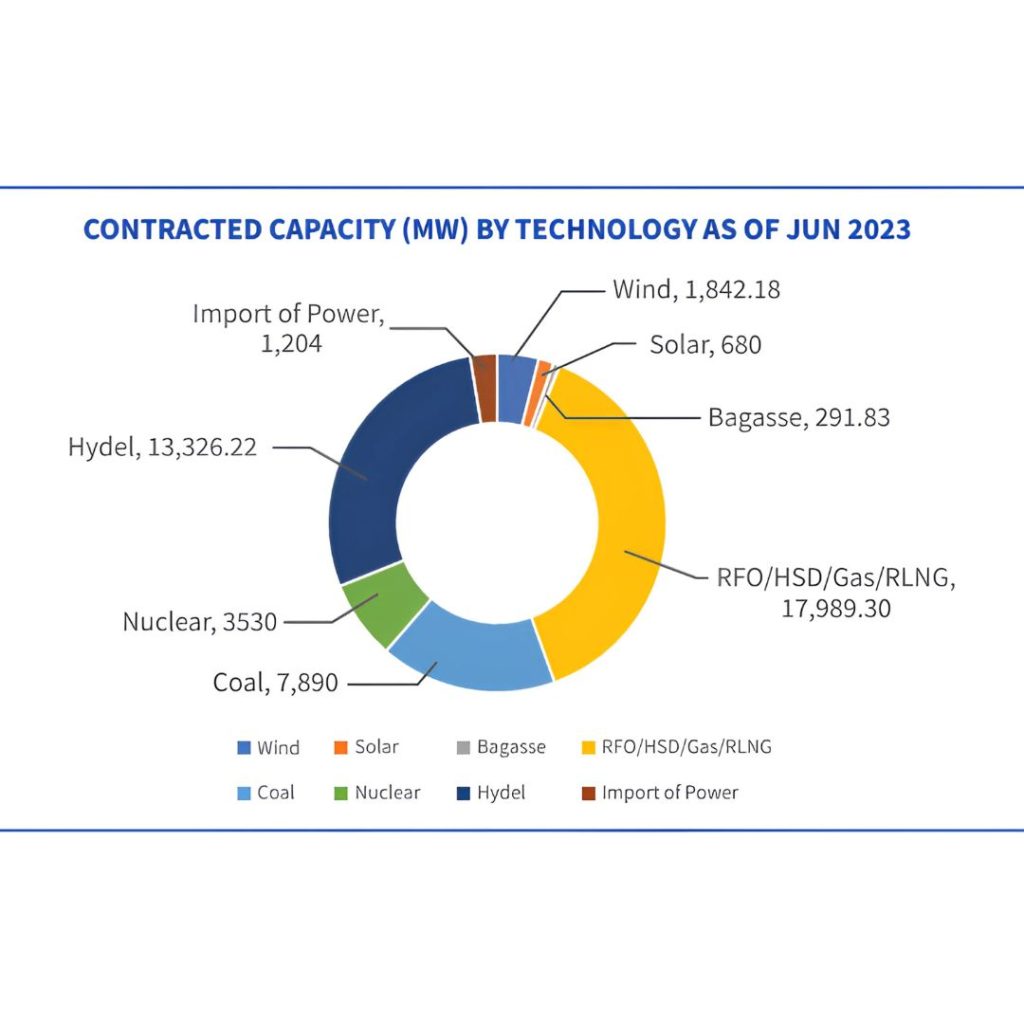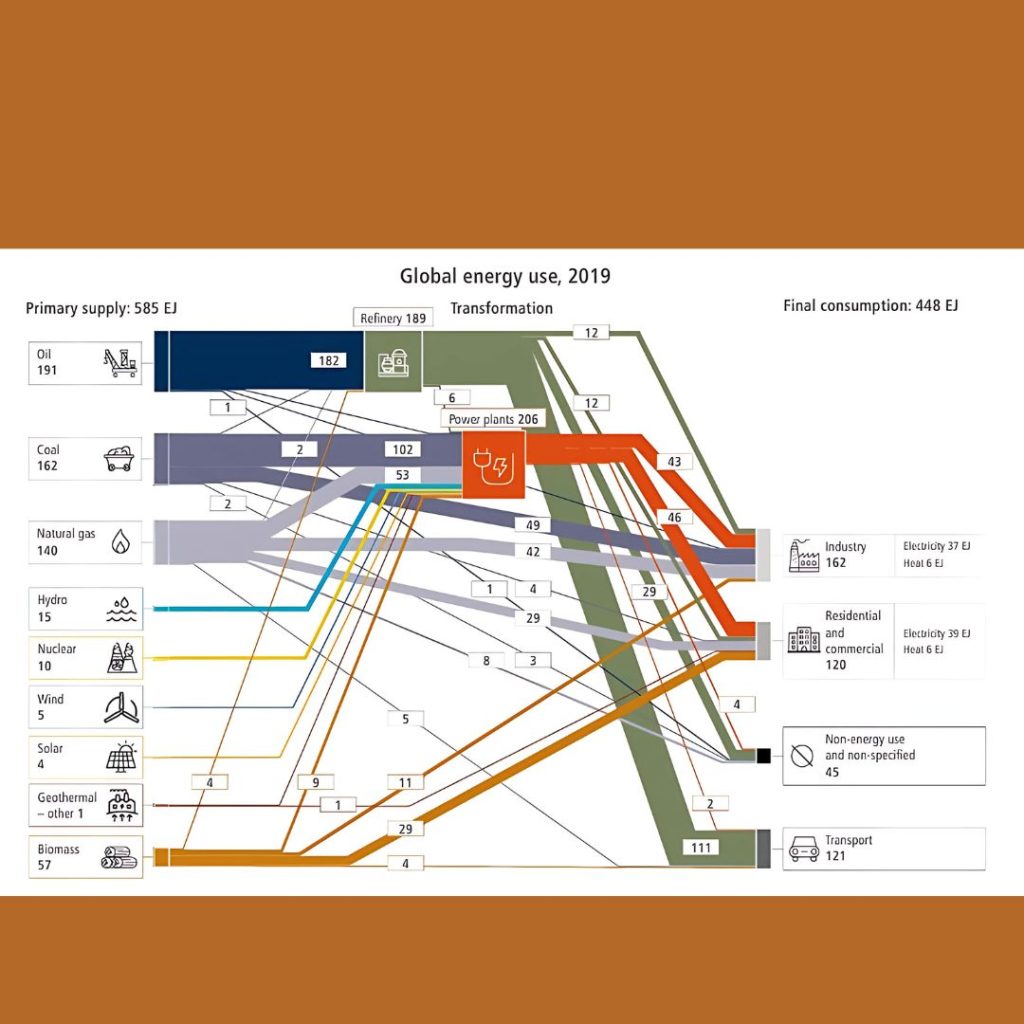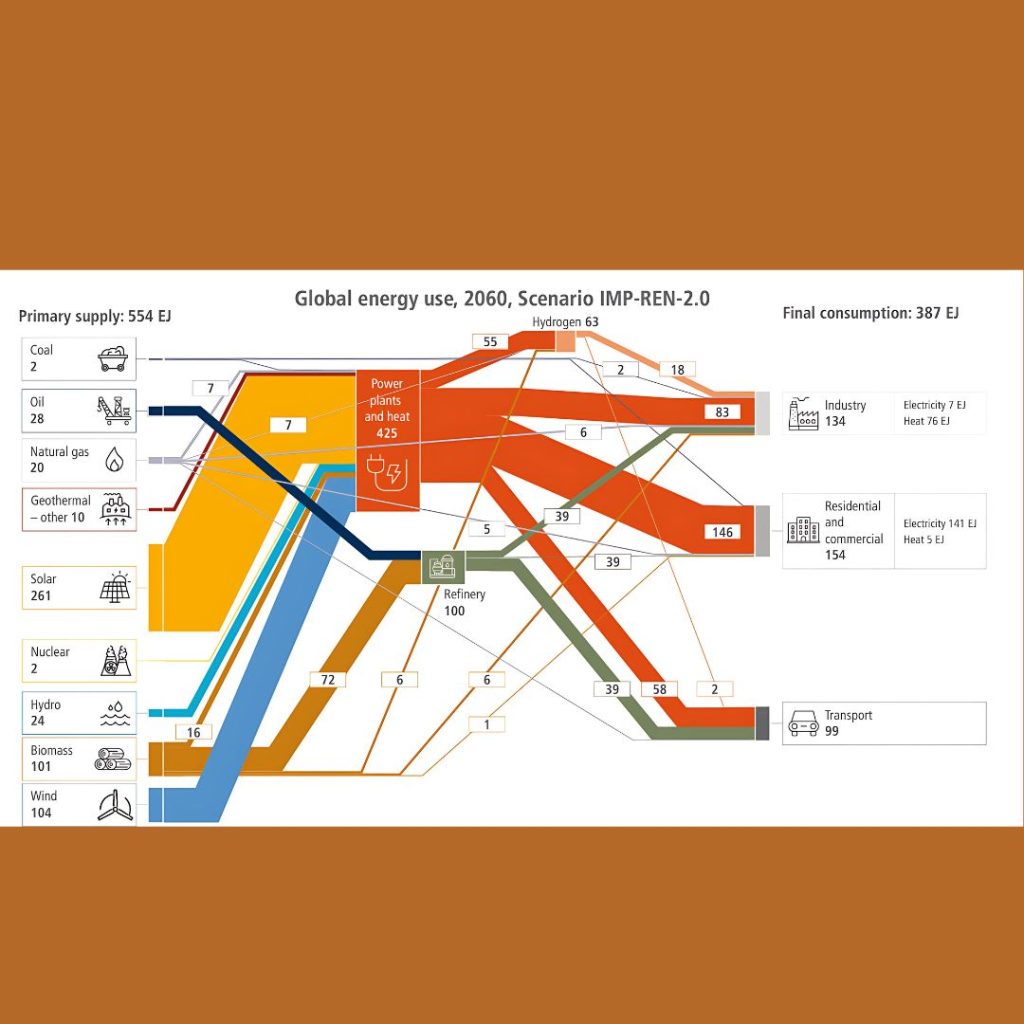The Sui Southern Gas Company Alternate Energy (SSGC-AE), which is a wing of the SSGC, secretly developed the National Biogas Policy in 2023. While policy documents are typically available for public review, this particular one is being kept confidential.
The gas company, which falls under the federal energy ministry, has also not disclosed the name of the consultant it hired to draft the policy document.
The policy was made for production of biomethane through renewable resources. For its Nationally Determined Contributions for mitigating the greenhouse gas emissions that cause climate change, Pakistan has already targeted shifting to 60 per cent renewable energy and 30 per cent electric vehicles by 2030, and no reliance on imported coal. Moreover, the country seeks to expand nature-based solutions and sequester 500 tonnes of carbon dioxide by 2040.
Such ambitious targets seem quite unachievable, especially if the federally-owned energy companies keep their policies for renewable energy away from public scrutiny. After The Citizenry’s request for the policy document was repeatedly not heeded by the SSGC media department, this scribe had to invoke the federal right to information (RTI) law on Sunday, July 15, 2024 to get the documents.
It is pertinent to mention here that according to the federal government’s Central Power Purchasing Agency’s 2023 annual report, the country’s total gross power capacity is 46,754 MW, of which 2,814 MW is gross renewable power capacity. Wind contributes 1,842 MW, solar 680 MW, and biogas 291.8 MW to it.

The SSGC AE was established in 2022 as a wholly-owned subsidiary of the Sui gas company. One of the company’s major objectives was to “enter green/alternative energy markets which have been outside SSGC’s core business.” In October 2023, the SSGC-AE signed two memorandums of understanding (MoUs) regarding supply of biogas/biomethane to the SSGC-AE.
According to the SSGC, the country has the potential to produce a quantity of biogas more than 200 million standard cubic feet per day (MMSCFD), and can reduce re-gasified liquefied natural gas (RLNG) imports by using untapped renewable energy sources like animal dungs, municipal solid waste, energy crops and slaughterhouse waste.
“This game-changing endeavour promises to fuel the future with sustainable energy solutions,” the SSGC had said in its press statement issued on October 6, 2023 after the MoU signing ceremony.
The press statement added that the Green Waste Energy Limited would produce biogas/biomethane by tapping waste material through biogas plants. “This environmentally friendly gas will subsequently be made available for purchase by SSGC-AE, who will then oversee its local distribution to third-party entities,” the press statement added. Then on October 20, 2023, the SSGC-AE signed a similar MoU with the Pakistan Machine Tool Factory.
The SSGC said that even at the starting potential of 10 MMSCFD, commercial-scale biogas has the potential to replace LNG imports of $40 to $48 million yearly.
Despite these potentials, the SSGC has kept its ventures to explore renewable energy highly secretive. There have been no updates on what happened after the MoUs the SSGC-AE signed in October of last year.
The SSGC-AE hired consultancy services for the development of the ‘National Biogas Policy’ and other regulatory and legal frameworks.
The SSGC in a press statement issued earlier this year, said that the capital expenditure for setting up a 1 MMSCFD biogas plant is estimated at $6 to $8 million, for which the tender was published in February 2023. The tender was purchased by five international parties.
The SSGC said that it halted the tender until the stabilisation of exchange rates and commodity pieces, which were then facing “sharp fluctuations.” According to the SSGC, investors sought a policy framework, for which a draft policy for biogas/biomethane was developed and submitted for consideration and formalisation by the Ministry of Energy.
Energy expert Asim Riaz from the Pakistan Initiative Energy disagrees with the SSGC’s statement. He told The Citizenry that biogas in the country could not easily replace RLNG due to its higher cost. He also questioned whether biogas was capable of being integrated into the system in Pakistan.
The Climate Action Centre’s director, Yasir Darya, said biogas would help mitigate methane emissions that would otherwise escape from landfills or manure lagoons. “Using this methane as a fuel dramatically reduces its climate impact by converting it into CO2, which is up to 34 times less potent as a greenhouse gas,” he said, stressing making the National Bio Gas policy document public so it could be debated upon.
This scribe contacted the SSGC’s media department on May 27 and requested for the name of the consultant firm that developed the biogas policy and asked if there were any stakeholder meetings or public scrutiny of the policy document. A request was also made for a copy of the National Biogas Policy, which had not been heeded till the filing of this story.
The SSGC was also asked to share progress in the two MoUs SSGC-AE signed with the Green Waste Energy (Pvt) Limited and Pakistan Machine Tool Factory in October 2023, regarding renewable natural gas production. The scribe also requested copies of the MoUs and the details of the terms of reference, none of which was shared.
On October 10, 2024, a fresh RTI request was filed with the SSGC’s Focal Person under the Right of Access to Information Act 2017, Amir Mumtaz Khan, and SSGC’s Head of Corporate Communications & Official Spokesperson, Salman A. Siddiqui. If this is not responded to within 10 working days, The Citizenry will reach out to the Federal Information Commission.
Current State and Future Potential of Biomass Energy Globally
According to the Intergovernmental Panel on Climate Change (IPCC) Sixth Assessment Report, 2019, the global biomass supply for energy stands at 57 exajoules (a unit of energy in the International System of Units). In comparison, other renewable sources, such as wind and solar, account for just five and four exajoules, respectively.
Biomass is the raw material, while biogas is the end product. Globally, biomass is primarily used in the residential and commercial sectors, with a small percentage utilized in the transport and industrial sectors.

The IPCC 2019 report stated that by 2060, the global biomass supply should increase to 101 exajoules to power the industrial, residential, commercial, and transport sectors in order to achieve the global transition to renewable energy.

Pakistan has great potential in biogas, according to an SSGC press statement. If the country truly aims for a successful energy transition to renewables, the least it could do is be transparent about its renewable policies—though that might be asking too much.
Subedited by Bilal Ahmed
Header image: online



